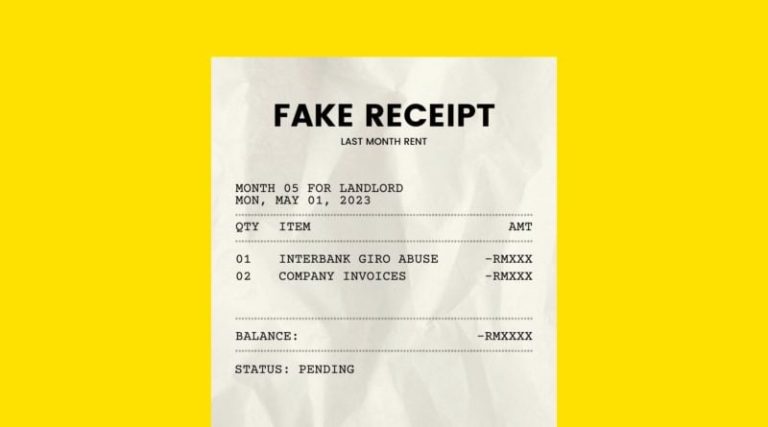Top 7 Mistakes New Traders Make on Quotex (And How to Avoid Them)
Navigating the world of online trading can be both thrilling and overwhelming, especially for beginners. Among the various platforms available today, Quotex trading official has become a popular choice for its user-friendly interface, fast execution, and innovative features. However, despite the simplicity and accessibility of the platform, many new traders fall into common traps that lead to unnecessary losses.
In this article, we’ll uncover the top 7 mistakes new traders make on Quotex — and more importantly, how to avoid them. Whether you’re just getting started or trying to improve your results, understanding these errors can make the difference between frustration and long-term success.
Forex trading involves exchanging currencies, analyzing market trends, managing risks, and developing strategies to maximize profits in the dynamic global financial markets.
1. Skipping the Demo Account
One of the biggest advantages offered by the Official website Quotex is the demo account. It allows users to trade with virtual funds and experience the platform’s features without risking real money. Unfortunately, many new traders dive straight into live trading without practicing first.
Why it’s a mistake:
Trading without preparation is like driving without learning the controls. You’re likely to make costly errors because you haven’t familiarized yourself with strategies, timing, or even how to use the interface.
How to avoid it:
Spend at least a week using the demo account. Try out different assets, indicators, and strategies. Build confidence before transitioning to a real account.
2. Ignoring Risk Management
Many newcomers on Quotex think they can double their money in minutes by putting all their capital into a single trade. While the excitement is understandable, this approach is unsustainable and reckless.
Why it’s a mistake:
Without a clear risk management strategy, even a few losing trades can wipe out your entire account. Trading is about consistency, not gambling.
How to avoid it:
Use a rule-based approach: Never risk more than 1–2% of your account per trade. Implement stop-losses and avoid “all-in” trades. Risk management protects you from inevitable losses and helps you trade another day.
3. Overtrading
New traders often fall into the trap of overtrading — opening multiple positions in a short period without a valid reason.
Why it’s a mistake:
Overtrading leads to decision fatigue and poor judgment. It’s often driven by emotion, such as greed or frustration, rather than a solid strategy.
How to avoid it:
Create a trading plan and stick to it. Set a maximum number of trades per day or week. Focus on quality over quantity. Take breaks to refresh your mind and evaluate your strategy.
4. Failing to Analyze the Market
Many beginners rely on “gut feeling” or copy other traders without truly understanding market conditions. On Quotex trading official, technical tools and indicators are readily available — yet often underutilized.
Why it’s a mistake:
Trading without analysis is like navigating in the dark. You’re reacting blindly to market movements instead of anticipating them based on real data.
How to avoid it:
Learn the basics of technical analysis. Use indicators like RSI, MACD, and Bollinger Bands. Read price action, study candlestick patterns, and analyze trends before making decisions.
5. Letting Emotions Take Control
Emotion-driven trading is perhaps the most common mistake — and the most destructive. Fear, greed, impatience, and overconfidence can sabotage even the best strategies.
Why it’s a mistake:
Emotions cloud judgment, cause hesitation, and lead to revenge trading after a loss. This emotional roller coaster can rapidly drain your account.
How to avoid it:
Stick to your strategy no matter what. Use trading journals to track your emotional state and identify patterns. Develop discipline, and remember: successful trading is more about psychology than prediction.
6. Neglecting to Stay Updated
Markets are influenced by real-world events — news, economic reports, global conflicts, and policy changes. Many new traders ignore this fundamental side of trading, relying solely on technical indicators.
Why it’s a mistake:
Sudden news events can cause major price movements. If you’re unaware, you may enter or exit trades at the worst possible time.
How to avoid it:
Monitor an economic calendar. Stay updated on financial news, especially when trading assets like forex, commodities, or indices. Combine technical analysis with awareness of market sentiment.
7. Not Choosing the Right Platform Features
Quotex offers a variety of customizable options — such as different chart types, timeframes, and trading tools. However, many beginners fail to explore these features fully.
Why it’s a mistake:
Not understanding the platform can lead to missed opportunities or technical errors. You might accidentally place the wrong order or miss an important market signal.
How to avoid it:
Take time to explore all features on the Official website Quotex. Watch tutorials, read the FAQ section, and test tools on your demo account. The more you understand the platform, the more effective your trades will be.
Bonus Tip: Chasing Losses
After a losing streak, many traders try to “win it all back” in one or two trades. This impulsive behavior can be devastating.
Why it’s a mistake:
Revenge trading clouds your thinking. You’re no longer following a strategy, and you’re risking more than usual out of desperation.
How to avoid it:
Accept that losses are part of trading. Step away after a series of losses and return when you’re emotionally grounded. Stay calm and consistent — it’s the only way to win long term.
Final Thoughts
Every successful trader was once a beginner. The key is learning from your mistakes and refining your approach. The Official website Quotex is designed to support traders with the tools, indicators, and practice accounts needed to grow. But it’s up to you to use them wisely.
Avoiding the 7 mistakes listed above doesn’t guarantee instant profits — but it will put you miles ahead of other new traders who fail to prepare. Take your time, stay disciplined, and always trade with a strategy.






